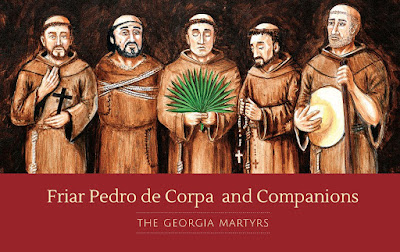“This way of life, perhaps difficult to understand nowadays, yet deeply rooted in the tradition of the early Church, gave Saint Kinga that inner freedom which enabled her to be concerned first of all with the things of the Lord and to lead a profound religious life. Today let us reconsider this great testimony. Saint Kinga teaches us that both marriage and virginity lived in union with Christ can become a path to holiness. Today Saint Kinga rises to safeguard these values. She reminds us that the value of marriage, this indissoluble union of love between two persons, cannot be brought into question under any circumstances. Whatever difficulties may arise, one may not abandon the defence of this primordial love which has united two persons and which is constantly blessed by God. Marriage is the way of holiness, even when it becomes the way of the Cross. …
“[S]he esteemed chastity and virginity, rightly seeing in this state an extraordinary gift whereby man experiences in a special way his own freedom.” We need both holy marriages to raise godly families and consecrated virgins dedicated completely to serving God.



